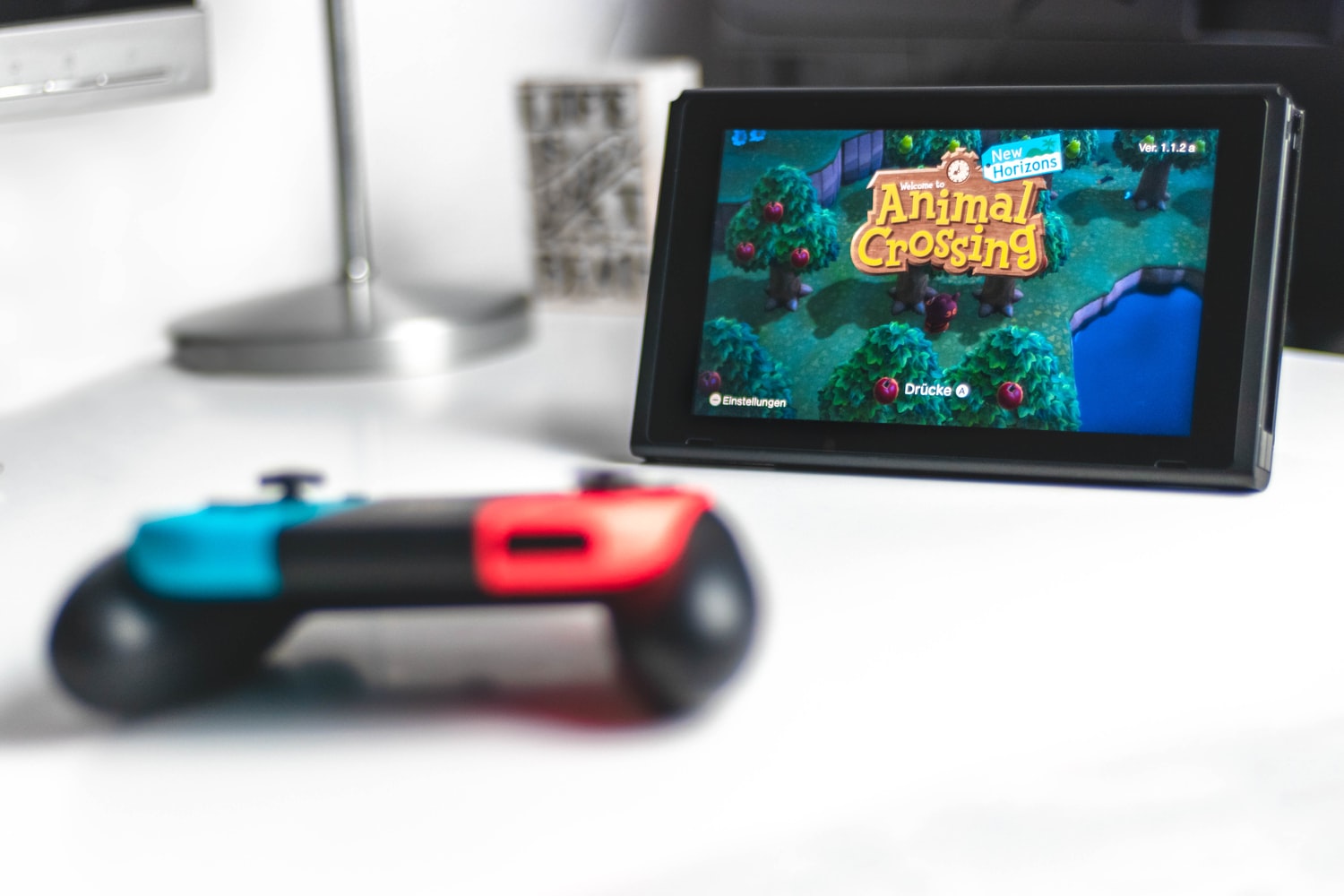At first thought, fashion and gaming may seem like an unlikely duo. But if the fashion industry were to ensure it continues to be accessible and relevant in every way possible, it would seem almost ignorant to cash in on the gaming trend as esports becomes more mainstream.
The COVID-19 lockdown has led to an acceleration of various trends. And perhaps this is why the convergence of both industries may not come as a surprise, as more and more major fashion houses and fast-fashion giants want in on a piece of that gaming pie. Besides, with thousands of gamers in the virtual world, what better place than that to reach out to potential customers. If you can’t flaunt it in real life, you do so online by dressing your avatar in new skins, clothing, and accessories from various brands. What’s more, these fashion brands would also be able to reach out to a much younger audience, a group that is relatively harder to get to.

In all honesty, you would probably have seen this coming. Some 20 years ago, fashion brands were already making their foray into the gaming industry, and exploring this territory by venturing into games like ‘The Sims’. Or just like how Moschino and Diesel opened virtual boutiques in ‘Second life’ in the early 2000s.
Louis Vuitton recently entered a partnership with US-based developer Riot Games, the business behind the famous ‘League of Legends’ online championship which saw 100 million global e-spectators watch its finale last November. All it took for the French fashion house to ensure maximum visibility was for its Creative Director, Nicolas Ghesquière, to design an outfit for one of the characters in the game during the finale.
And most recently, on March 20 in the midst of the coronavirus pandemic, Japan’s Nintendo launched ‘Animal Crossing: New Horizons’, a social simulation game that invites its players to control digital avatars live on paradise islands and indulge in various sorts of peaceful activities including gardening, DIY, fishing, and even having picnics with neighbours. In just a span of a few weeks, it sold over 10 million units and became the star game of the lockdown.
With increased possibilities for customisation and dressing up your avatar, it certainly didn’t take much to lure fashion brands to Animal Crossing. It’s in-game ‘Pro Designs’ function allows users to make their own outfits by reproducing the trendiest pieces from brands like Prada, Gucci, Chanel, Dior, and even streetwear labels like Stüssy and Supreme.
This surge in creativity spilled over to social media, with players creating dedicated profiles just to share their outfits. One such example that capitalised on this want for fashion-savvy avatars is Nook Street Market, recreating looks from luxury labels like Chanel, Off-White, Vivienne Westwood, and Fendi. This buzz prompted brands including Valentino, Marc Jacobs, and many others to offer their own designs to Animal Crossing players — offering them the ability to access virtual clothing and accessories for free via special codes which can be obtained from Instagram stories.
And it doesn’t really matter that the in-game outfits are simplified, and without details. Perhaps what’s fascinating is how these luxury labels are still able to command desirability even in the virtual world, making the gaming industry a viable way for brands to reach out to a new clientele, and even strengthen relationships with their pre-existing fans.
In recent years, designer labels like Burberry and Gucci have even created their own games. Similarly, Italy’s LUISAVIAROMA has also just launched the ‘Mod4’ application, which gamifies the shopping experience. ‘Client players’ are invited to create their own avatar, browse items offered by the store, and take part in contests with other players.
Perhaps this is part of the new normal, an increasingly virtual world that has forced fashion to switch from e-commerce, digital showrooms, and even online fashion weeks, to the gaming industry, a new territory with immense potential for its businesses to diversify.



























